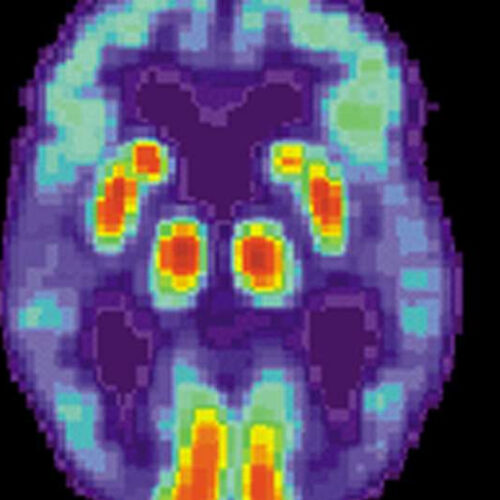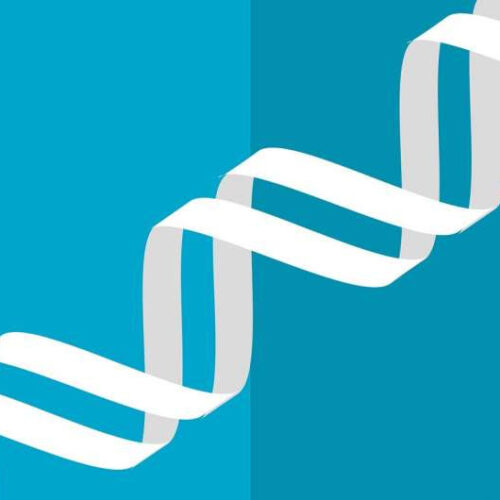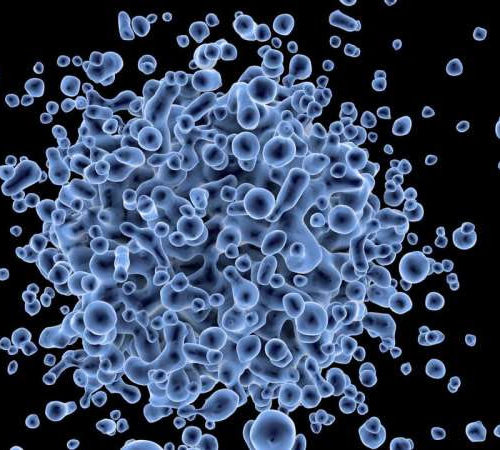CORVALLIS, Ore. – Researchers at Oregon State University have found a key new piece of the puzzle in the quest to use gene therapy to enable people born deaf to hear. The work centers around a large gene responsible for an inner-ear protein, otoferlin. Mutations in otoferlin are linked to severe congenital hearing loss, a common type...
Tag: <span>Gene Therapy</span>
Gene therapy offers potential cure to children born without an immune system
by Tiare Dunlap, University of California, Los Angeles Six of the children who received treatment at UCLA through the gene therapy clinical trials. Credit: UCLA Broad Stem Cell Research Center An experimental form of gene therapy developed by a team of researchers from UCLA and Great Ormond Street Hospital in London has successfully treated 48 of 50 children born with...
Gene therapy in Alzheimer’s disease mouse model preserves learning and memory
by Scott Lafee, University of California – San Diego PET scan of a human brain with Alzheimer’s disease. Credit: public domain Researchers at University of California San Diego School of Medicine, with colleagues elsewhere, have used gene therapy to prevent learning and memory loss in a mouse model of Alzheimer’s disease (AD), a key step toward eventually...
New approach to gene therapy can correct any disease-causing mutation within a gene
by Gail McCormick, Pennsylvania State University Credit: CC0 Public Domain A new approach to gene editing using the CRISPR/Cas9 system bypasses disease-causing mutations in a gene, enabling treatment of genetic diseases linked to a single gene, such as cystic fibrosis, certain types of sickle cell anemia, and other rare diseases. The method, developed and tested in...
New study expands evaluation of gene therapy for spinal muscular atrophy
IOS PRESS Amsterdam, April 6, 2021 – The rarity of spinal muscular atrophy (SMA) means that promising new treatments may be tested in only a limited spectrum of patients before approval. Investigators evaluated a newly approved drug, onasemnogene abeparvovec, in a broader spectrum of patients in order to obtain expanded data on its side effects...
Gene therapy using ‘zinc fingers’ may help treat Alzheimer’s disease, animal study shows
MASSACHUSETTS GENERAL HOSPITAL BOSTON – Researchers have used a genetic engineering strategy to dramatically reduce levels of tau–a key protein that accumulates and becomes tangled in the brain during the development of Alzheimer’s disease–in an animal model of the condition. The results, which come from investigators at Massachusetts General Hospital (MGH) and Sangamo Therapeutics Inc., could lead...
Cellular benefits of gene therapy seen decades after treatment
UNIVERSITY COLLEGE LONDON An international collaboration between Great Ormond Street Hospital, the UCL GOS Institute for Child Health and Harvard Medical School has shown that the beneficial effects of gene therapy can be seen decades after the transplanted blood stem cells has been cleared by the body. The research team monitored five patients who were successfully cured...
Gene therapy overcomes mutation problems in cystic fibrosis
by Bob Yirka , Medical Xpress Credit: CC0 Public Domain A team of researchers affiliated with multiple institutions in Germany has developed a type of gene therapy that could be used to help people with cystic fibrosis. In their paper published in the journal Nature Nanotechnology, the group describes how they developed a new class of non-viral gene...
Why not? Sarepta’s third Duchenne MD drug sails to accelerated approval
Amber Tong Senior Editor Sarepta may be running into some trouble with its next-gen gene therapy approach to Duchenne muscular dystrophy. But when it comes to antisense oligonucleotides, the well-trodden regulatory path is still leading straight to an accelerated approval for casimersen, now christened Amondys 45. We just have to wait until 2024 to find...
First-in-Human Clinical Trial to Assess Gene Therapy for Alzheimer’s Disease
Researchers at University of California San Diego School of Medicine have launched a first-in-human Phase I clinical trial to assess the safety and efficacy of a gene therapy to deliver a key protein into the brains of persons with Alzheimer’s disease (AD) or Mild Cognitive Impairment (MCI), a condition that often precedes full-blown dementia. The protein,...





